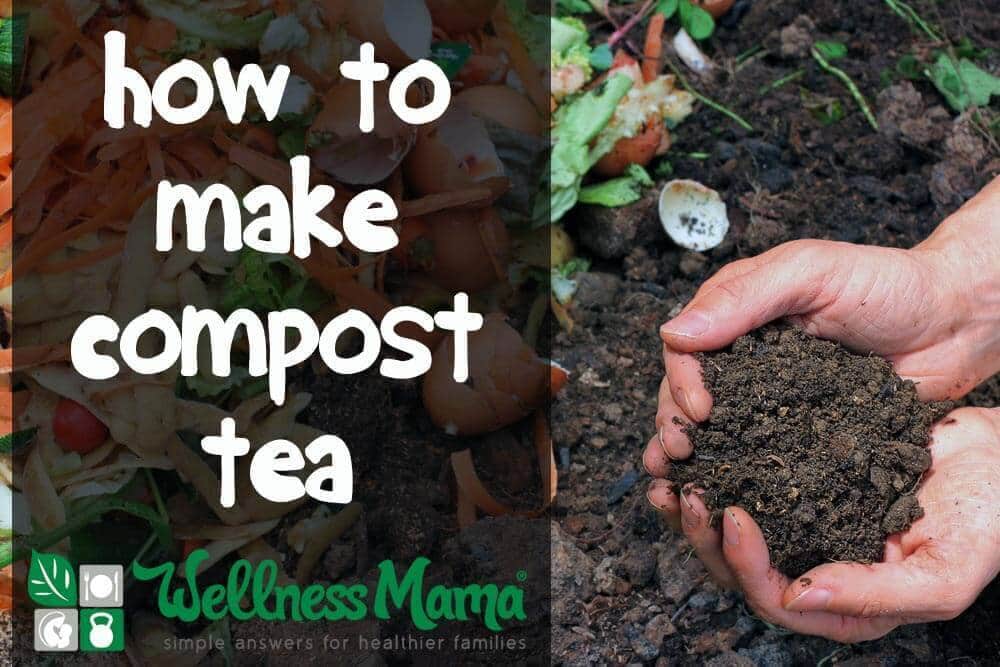I’ve heard it said that “gardening is cheaper than therapy and you get tomatoes.” There seems to be some solid science to back up the health benefits of gardening (and to explain why gardeners might live longer as well).
Besides the obvious benefits like super-fresh produce and time spent outside, there are some less well-known benefits to gardening such as probiotics present in the soil, getting a greater amount of Vitamin D from the sun while spending time outdoors, and the scientifically proven stress relief of working in the soil. I’ve shared before how children need dirt to develop a healthy immune system and how overuse of antibacterial soaps has led to a widespread deficiency in important probiotics.
The best part is that it doesn’t matter if you have just a small container garden on your back patio or a full scale organic garden plot, you can get the benefits in just a few minutes of gardening a day.
With soaring food prices and a lack of quality food options, I’d encourage all of us to take a play from our grandparents playbook and grow a Victory Garden of some kind to help our families have access to fresh produce and to reduce our food costs each month.
Over the years, I’ve been using an inexpensive and really effective method to increase the yields of our garden without having to buy or use expensive fertilizers. It is called compost tea, and it is essential a nutrient-rich liquid infusion for your plants. It is super-simple to make and can be made with homemade or store bought organic compost.
Compost Tea for the Garden
Think of compost tea as a probiotic and multivitamin for your plants. It is a liquid extract (thus the name “tea”) made from compost and water and it contains beneficial microorganisms and nutrients that help improve plant growth and may even ward off pests and disease.
Benefits of Compost Tea
You might have seen me write about Probiotics because the soil is naturally a great source of beneficial organisms, but many people don’t realize just how diverse the bacteria in soil can be and how we can support this natural bacteria with simple measures like compost tea. In fact, this simple homemade fertilizer offers many benefits to a garden:
1. Helps Plants Grow More Quickly
Compost tea provides nutrients to the plant and to the soil, leading to more rapid growth of the plant and more robust plants that produce better yields. Over time, natural methods like compost tea also help nourish the soil so the benefits add up year after year.
2. Good Alternative to Toxic Garden Chemicals
Compost tea can help plants more effectively resist disease and pests and replace the need for toxic fertilizers, pesticides and herbicides. It is also a less-expensive alternative to harmful chemical based garden chemicals and won’t harm pets, wildlife or insects.
3. Microbial Protection from Disease
Just like in humans, the right balance of beneficial bacteria in and on plants can help the plants resist diseases and fungus and make them less susceptible to pests. The microorganisms in compost tea compete with these harmful microbes to give the plants an advantage against these pests.
4. Provides Nutrients and Beneficial Organisms
As I already mentioned, compost tea is essentially a probiotic for plants, providing a concentrated source of the organisms plants need for optimal growth and improving the nutrient levels and microbiome of the soil as well.
How to Make Compost Tea
Ingredients:
- 2 cups homemade, fresh compost dirt (make sure it is completely composted- it should smell pleasantly earthy) or store bought organic compost
- 1 gallon of clean, filtered water
Instructions:
- Add the water and the soil to a gallon-size bucket or jar and keep in a place out of direct heat or cold (I keep in my garage).
- Let sit for at least 5 days, stirring daily.
- Strain out the dirt and use the liquid to water the garden.
Important Notes
The measurements for this recipe don’t have to be exact and a rough 8:1 ratio of water to compost will work (or any higher ratio of compost). In fact, this can easily be made in a large five-gallon bucket and used in the garden. If you have a really large garden, it is possible to make this in a 40 or 50 gallon barrel to have enough for the whole garden at once.
Since compost is a source of many types of microorganisms, it is important to make sure that whatever compost is used has been properly composted and is not a source of pathogenic or harmful bacteria. If making your own compost, just make sure it has composted for at least a year or reached a temperature of at least 150 degrees for several days. Most organic store bought composts have been correctly composted. Check the finished compost tea before using on plants to make sure there isn’t any off odor or bubbling that would indicate harmful bacteria. I personally use compost tea earlier in the growing season when plants are establishing and taper off before harvest.
Do you grow a garden? Ever tried using compost tea to help it grow?


Leave a Reply